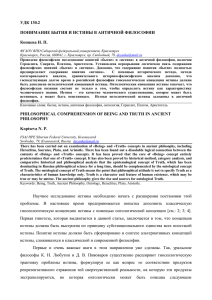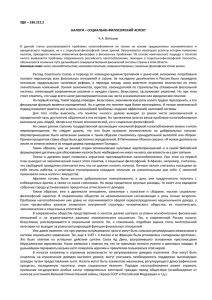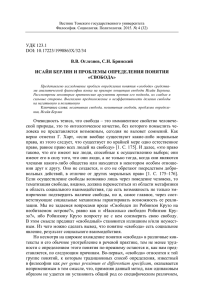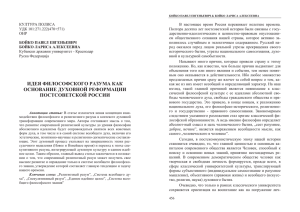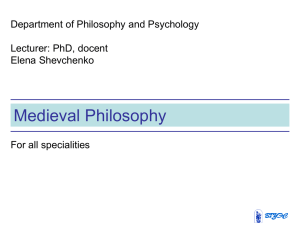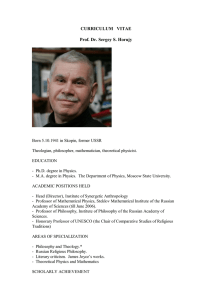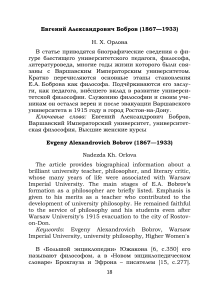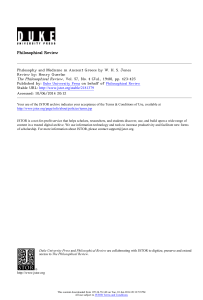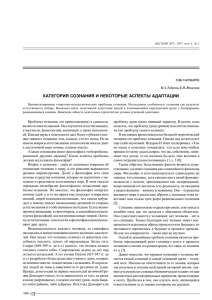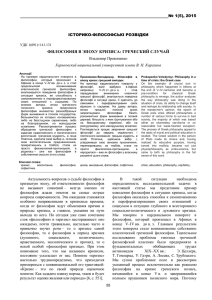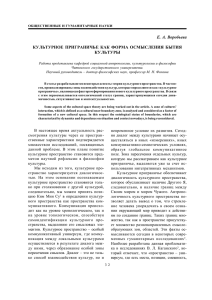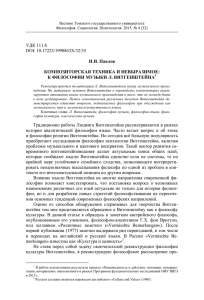, « - ».
реклама
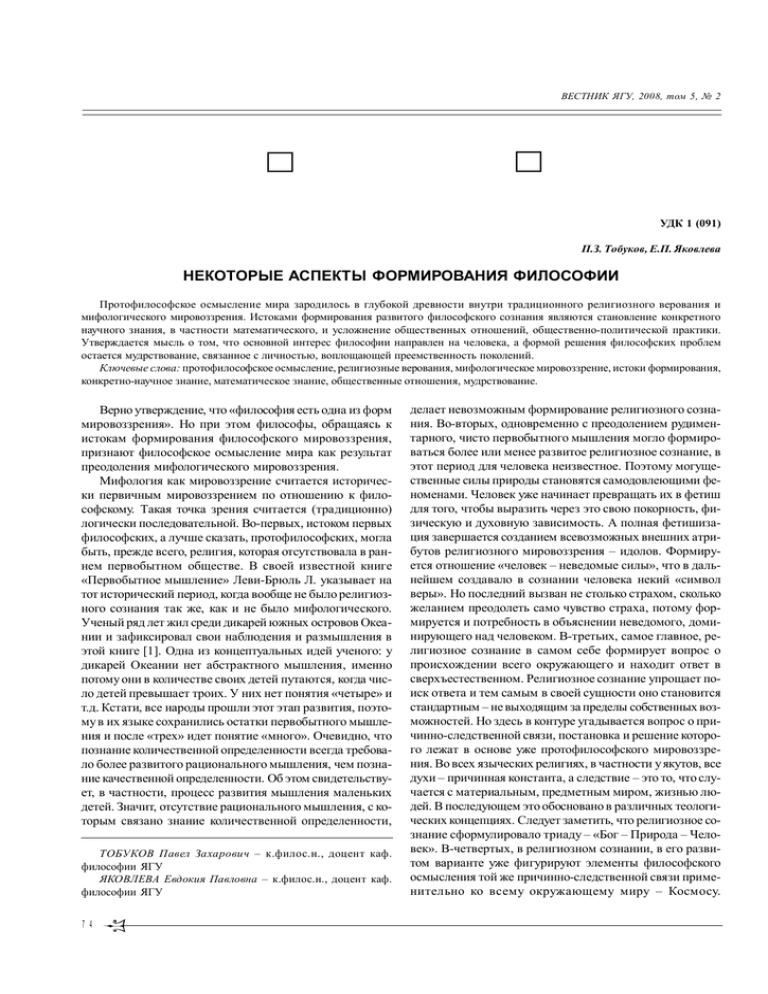
, 2008, 5, 2 1 (091) . , . . , , , , . , , , . : , , , , , , , , . - « ». . , , , , , . . . ) ( . , . , , . , , , , - , , – « . » . », – « , . , ». . - , , , . [1]. - , , - : , , « . . , , « » « ». - . , , - , . , – , , – , , . - – - . , . » , , , , . . , –« – ., – ., . , ». , – – , . – 74 . . , . . . –« ( )». - )– , . , , , . – , :« , », - . , :« , ». - – , . . . « , , , , , . , . , ( - ) : . , – , , , , , , , , - , , , , . – - . –« - . , . - , - - , . ». , . , , - , , , - . . - . , , . : ( ) – , , ; , ; , - , , , : - , , , , . . , . , , , , , . , , , , . . , , - , , . , , , - , , , . , , - , , . , - . , . . , , , , , . , , - . . , « » « » - , , , , , - , - » (1833-1836) . - . « ). » , , , , , U 75 , 2008, , - , . . 5, 2 , - , . , . , – , – . », « ( , ) , « » , - », ; , , , , , - . « », , « , ». - , , , , , . - ( ). , , , . , , , , , - « » (« »). . , , - , , , . , . ? – - . , , , , , ( , . . , , , , , , , . - ». - , . « , , , , - , , , , » » « » . – . « » ? , , , , 76 », « . ; , , , » , , . , , –« »– « » - », - . , ( -« »). « , , , , , - . ), ., . , , , , , , . ), . , . - , , - . - , . , . - . , . . , , . - , , , , , :« . , , , - . . . , , », » ?», « ?». , - », « , - . . ?», « » « . . – », « « – . - , , - : – ( « ), », – . , . - , . , – , , . - , , , ( ) , , , – , . , ( .) - , . (15-16 . – , , - , , , , , , , , - ) . . - , , , , , , , , . , , . , , , . , , , , . - , : , ? , , , , , . , - . , . . , . . , . , . , . , , , . . . . , . , , - , ( ) . , - . , , - , . « . , :« , – , » ) - . , ». « . , » . - , . « - « :« – ». », – , U : - 77 , 2008, ... , , - ... 5, 2 , - » [4, . 144]. , - , . » [2, . 108]. , , . « , , ». - , , .« ,– ,– ..., . , - , ... , . » [3, . 277]. - . « « », [3, . 277]. , , , , », , - , - . , , , , , . - .« : , . - 1. . . », .: . / . ; . . . ., . . , 1930. 337 . . . ., 1972. 303 . J. Wisdom //Amerikan Philosofical Qnarterly: a volum 20. 3. july, 1983. 277. 4. . – – . , 1977. 251 . . 2. 3. P.Z. Tobukov, E.P. Yakovleva Some aspects of philosophy formation A proto-philosophic understanding of the world comes from the ancient period within traditional religious belief and mythological outlook. Sources for formation of developed philosophical mind are foundation of a certain scientific knowledge, in particular, mathematical, and a complex social relationship, socio-political practice. Besides, there stated an idea that the main interest of the philosophy was directed to a human being, and the subtilization connected with a personality that embodies succession of generations is a form for solving philosophical problems. Key-words: proto-philosophical view, religious belief, mythological outlook, sources of formation, certain scientific knowledge, mathematical knowledge, social relationship, subtilization. 78
